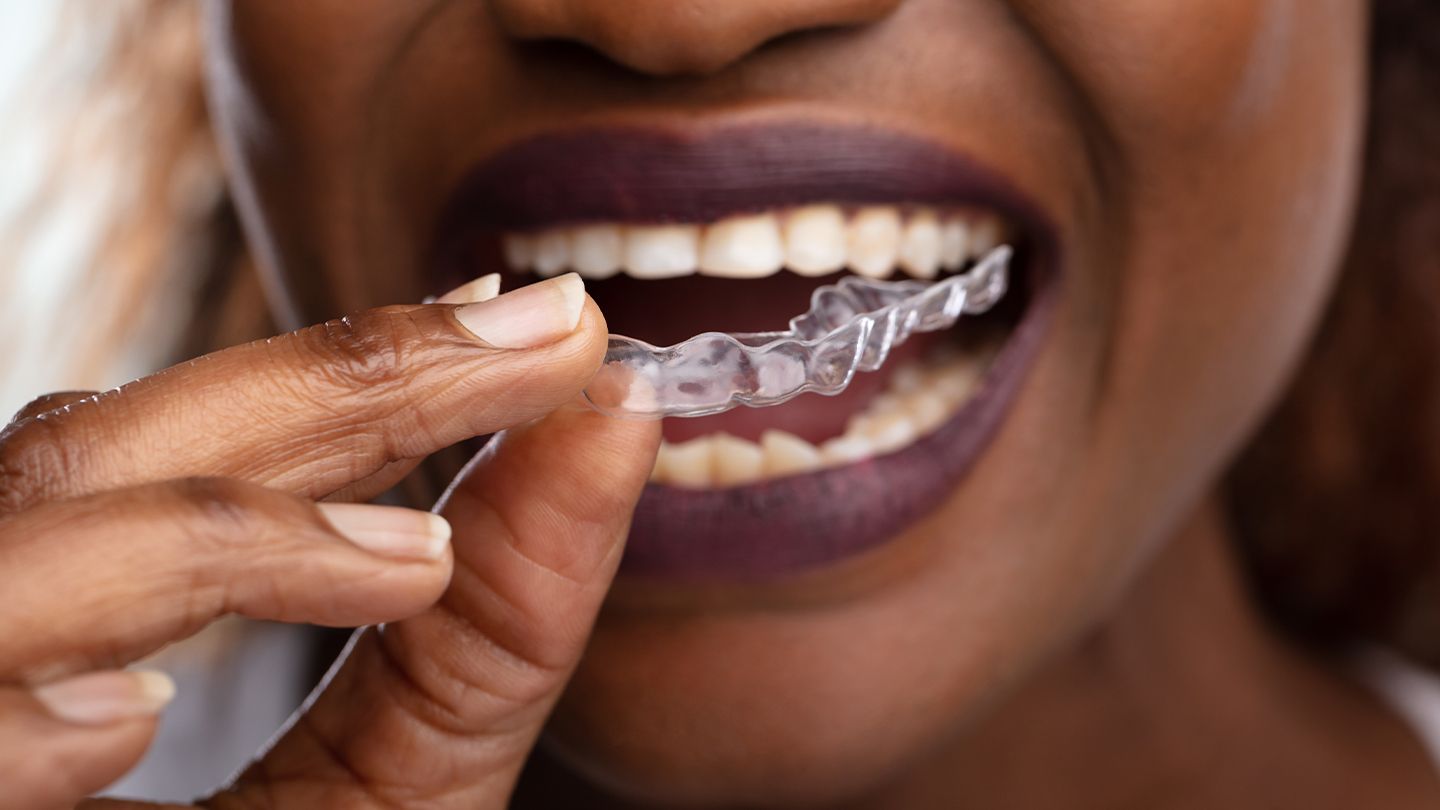Almost a third of all people grind their teeth. For some, it’s a bad habit. Others might grind their teeth due to the everyday anxieties of their lives or as a result of a recent stressful event. Either way, teeth grinding can be detrimental. It can lead to jaw pain, headaches, and even cause physical damage to your teeth with time and trying to stop grinding your teeth can be a challenge..
While there is professional help and equipment to aid with teeth grinding, there are also exercises you can try to reduce your chances of grinding your teeth in your sleep.
1. Chin Tucks
Did you know that chin tucks can help strengthen your jaw? It’s true. As silly as you might feel performing this exercise, it may have the power to correct your teeth grinding or TMJ problems.
Simply tuck your head down toward your chest. Keep your bottom and top teeth apart during this process. Ensure you push your head back to ensure it’s in the correct position. An exercise like this should be completed 15 times once a day.
2. Tongue Relaxation
Simply learning to relax your tongue may help take strain off your jaw, and in turn, assist with teeth grinding and its unfortunate effects, such as jaw lock, temple pain, a popping jaw, and earaches.
For this exercise, place your tongue as far back into your mouth as you can. While your tongue is in this position, slowly open your mouth as far as possible. Close your mouth. Repeat 20 times per session.
3. Neutral Tongue and Jaw Position
Teeth grinders tend to have an incorrect jaw position due to their condition. To help resolve the poor positioning of your jaw, one might try the neutral tongue and jaw position exercise.
For this exercise, keep your lips closed, your jaw ajar, and your tongue pressed against the roof of your mouth. Take slow, deep breaths as you remain in this position for several minutes.
4. Progressive Muscle Relaxation
If you find that your case of bruxism or teeth grinding is tied to stress or anxiety, progressive muscle relaxation can be a particularly helpful exercise worth trying. In a calm location, intentionally tense up each muscle of your body, one at a time. Release the tension, and move onto the next location. Continue until you’ve tensed and released each major muscle.
Progressive muscle relaxation works not only to reduce the muscle tension in the area of your jaw but also the rest of your body as well.
5. Massage
A massage of your jaw and neck, whether performed by yourself or another individual, can also be a great way to reduce teeth grinding. Massages help reduce the tension and emotional stress one might have, which often lead to teeth grinding to begin with.
Are you struggling with teeth grinding or the aftermath? Bridgewater family dental may be able to further assist you.
Conclusion
Teeth grinding might seem nearly impossible to stop. However, due to the serious and long-term effects that it can have, it’s critical that you get the help you need for this common habit. With the latter exercises, you can help reduce the severity and/or frequency of your teeth grinding. In turn, you can reduce the negative effects it has. That said, this dentist who does the best dental implants in Newmarket recommends visiting a dental expert so they can help you fix your teeth grinding issue.








